Harry Kane and Johanna Konta do not deserve Spoty nominations – they have won nothing of note
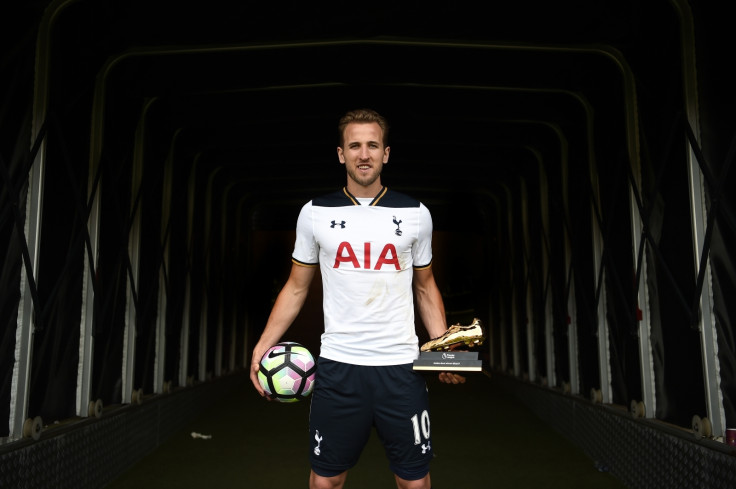
KEY POINTS
- The Tottenham striker and British number one do not stand up against the class of 2017.
- Anthony Joshua, Chris Froome and Adam Peaty lead the list of 12 nominees.
- Tammy Beuamont, Jordanne Whiley, Jamie Murray, Owen Farrell and Max Whitlock all overlooked.
One of the perverse characteristics of widespread debate is the more you condescend a particular subject, the more you do to fuel it. The annual discussion regarding the BBC Sports Personality of the Year Award is among those topics which is subject to huge derision, if not for the list of nominees then for an apparent lack of diversity or the smorgasbord of sports which are considered.
Very often however the very existence of the BBC prize is dismissed out of hand. Criticism of the shortlist being exclusive only to sports and athletes covered extensively by Auntie is the most often spouted accusation. And that is before we mention its supposed elitist views and the cash they pile into the live show whose setting has mutated from a bland television studio into a sort of black tie edition of Gladiators.
For more one-eyed opinions on the BBC showcase, other publications are available.
In 2016, the two-and-half-hour show attracted a peak TV audience of 9.9m. The same number tuned in 12 months previous. In 2012, another quadrennial edition to mark an Olympic year, 10.8m gave up their the last Sunday evening before Christmas to celebrate London 2012 and all that accompanied it.
Nearly three-quarters-of-a-million people voted as Andy Murray became the first three-time winner of the prize last year. In 2015, that number was over a million. For a format which had been described as "a mirage, a myth and a celebrated scam" it still resonates with the general public and well over half a century on from its inception it is the longest-running award of its type. The belief that it no longer matters is buried in cynicism and is oblivious to the facts.
Given the interest and influence the prize creates, it is important that the shortlist accurately reflects the year under consideration. As long as any accusation over a lack of diversity can be quashed – and the make-up of the cosmopolitan 12-person panel which includes BBC Sport director Barbara Slater, Olympic Darren Campbell and presenter Colin Murray proves that – each inclusion must be based on merit.
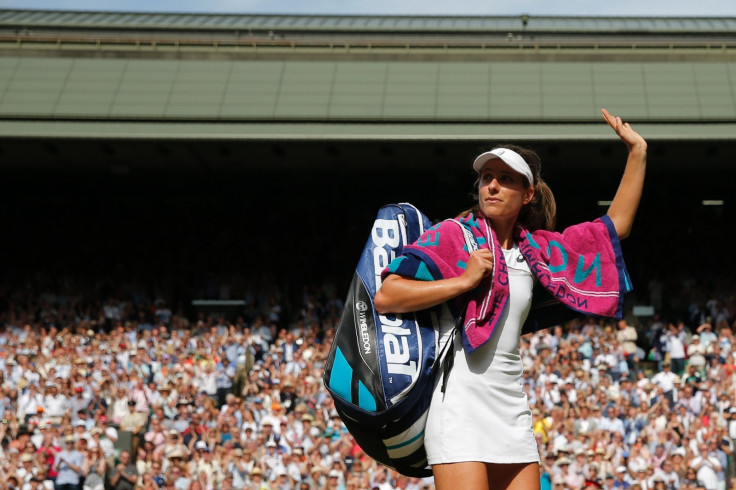
Some of the names on this year's list will be new to many. Anyone not an avid follower of Superbikes will be bemused by the inclusion of three-time world champion Jonathan Rea, while Bianca Walkden's second world championship taekwondo gold is unlikely to have been watched by households across the country. But both are worthy inclusions.
Anthony Joshua, Lewis Hamilton, Chris Froome and Sir Mo Farah are likely to scrap for the three podium places, even amid the presence of the super-human swimmer Adam Peaty and the ever-popular Paralympic sprinter and Strictly Come Dancing contestant Jonnie Peacock.
Such is the depth of talent hailing from the United Kingdom and the coverage given to sports outside of the mainstream, the shortlist, let alone the overall winner, is full of winners. The UK has come a long way since Greg Rusedeki's victory in 1997 for reaching the US Open final. British sportspeople are no longer the bridesmaids, and they should be celebrated.
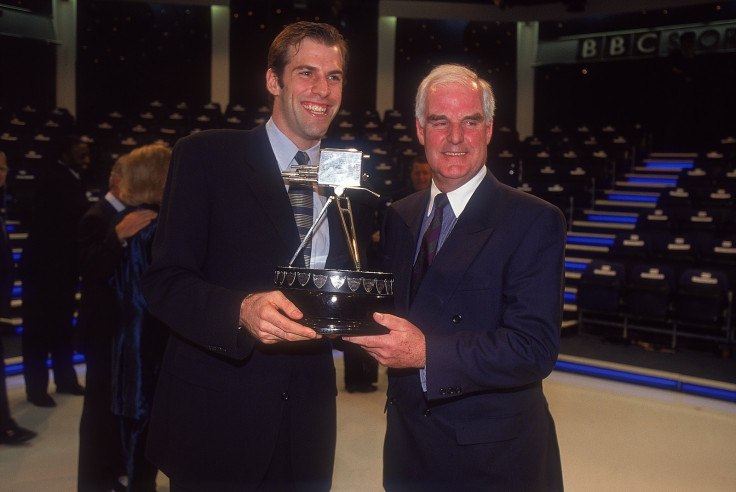
Yet even amid this glittering era two names have been included on this year's list which buck the recent trend and though they provide some gravitas, they defy the requirements to be considered.
Tottenham Hotspur and England striker Harry Kane won the Premier League golden boot in the 2016-17 season for a second successive time and netted six hat-tricks in all. He was the only player from these shores to be nominated for this year's Ballon d'Or and is now being talked about as possibly the first £200m player.
But what did Kane's goals amount to? Tottenham won nothing during the calendar year, finishing second in the top flight and making early exits in the cup competitions. England may have qualified for the World Cup in Russia in 2018 thanks to Kane's five goals in their group, but it is next summer when he can prove his credentials. He remains without a piece of major silverware in his career.
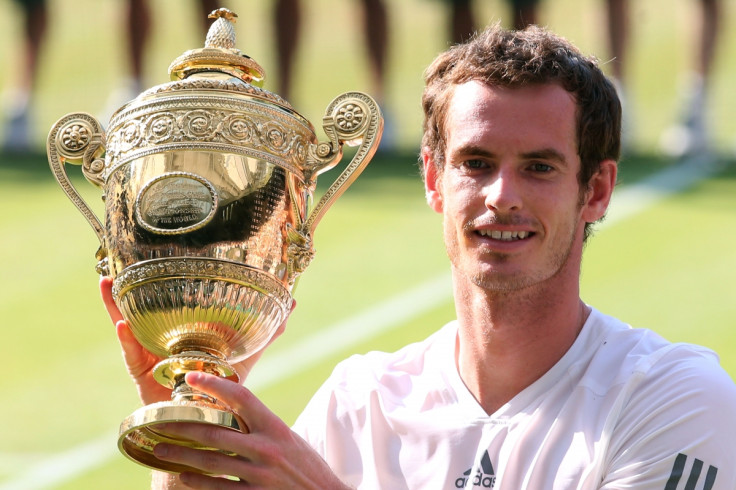
The same can be said of Johanna Konta, the British number one tennis player. The Sydney-born right-hander became the first Briton to reach the semi-finals of the ladies' draw at Wimbledon since 1977, a performance which propelled her into the world's top four.
Thereafter, she won just two more matches before failing to qualify for the season-ending WTA Finals. She did win her first tour title at the Miami Masters, but that hardly justifies a place among Britain's elite when other grand slam champions in her sport, not to mention global gold medallists, have been sidelined. Murray won the men's version in 2008 and was nominated, though he did of course reach a grand slam final.
The UK is now a global threat in sport contested across the world. No longer is the country dwarfed by others, or the butt of jokes in events we have previously floundered in. But Kane and Konta's inclusion hark back to an era when ineptitude was accepted, even cherished, and such also-rans don't deserve the recognition.
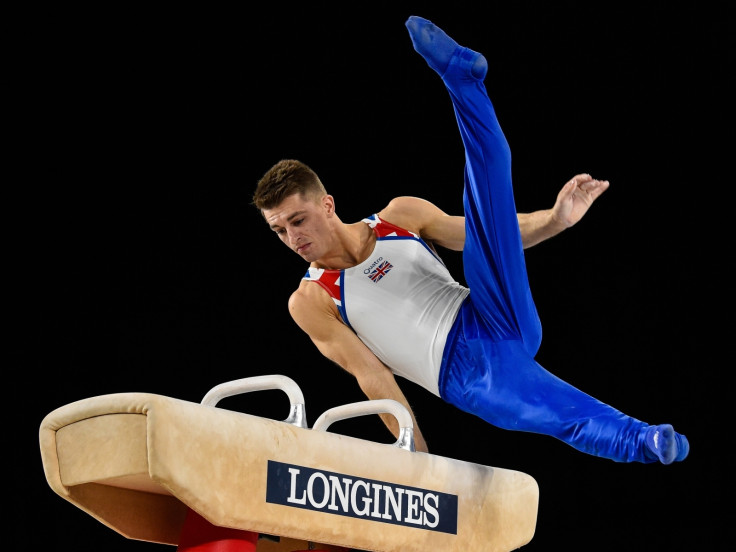
Kane and Konta's day will surely come, their talent demands it. But 2017 will not be their defining year and if they're the feverish competitors we know them to be they will hardly be popping the champagne corks either.
The likes of Tammy Beaumont, England's leading run-scorer as they won the Women's 50-over Cricket World Cup on home soil, 14-time grand slam wheelchair tennis champion Jordanne Whiley, Jamie Murray – twice a mixed doubles major champion in 2017 – and Britain's first back-to-back gymnastics world champion Max Whitlock will reflect upon how they were not given a chance in the limelight.
James Anderson, he of over 500 Test wickets, is another harshly overlooked. As is Owen Farrell who claimed the Six Nations with England, won the Champions Cup with Saracens, was named European Player of the Year and was key to the British and Irish Lions securing a shock series draw with double world champions New Zealand.
Shortlists such as these are exposed to wide-ranging debate and are never perfect, and that is perhaps the beauty of them. But at least when they are compiled, genuine winners should be considered above the near-misses, regardless of the narrative. The UK has come too far on the world stage to allow anything else.






